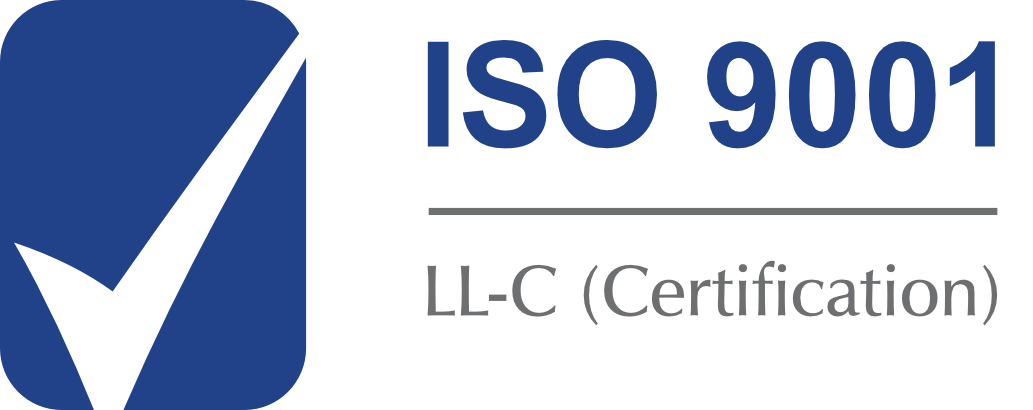At Electrónica Embajadores, we offer a comprehensive range of professional capacitance meters and LCR bridges designed for accurate and reliable measurement of capacitance (C), inductance (L) and resistance (R). These instruments are essential in research laboratories, electronic design environments, quality control processes and maintenance operations.
Beyond standard measurements, many modern models also allow analysis of advanced parameters such as loss resistance, quality factor (Q) and dissipation factor (tan δ), enabling complete characterisation of components under various frequency conditions.
What Is a Capacitance Meter?
A capacitance meter is an instrument used to measure the electrical capacitance of capacitors, expressed in farads (F). This parameter indicates the amount of electric charge a capacitor can store. These tools are fundamental in manufacturing, inspection and repair of electronic circuits, ensuring components perform according to their specifications.
Some models offer additional functionality, such as dielectric leakage measurements or monitoring capacitance variations under different environmental conditions — essential features for industrial and research applications.
What Is an LCR Bridge?
An LCR bridge is an advanced measuring instrument that accurately determines the inductance (L), capacitance (C) and resistance (R) of electronic components. Unlike conventional meters, LCR bridges use impedance comparison techniques, providing precise results even at low ranges and in complex measurement scenarios.
Advanced models can also measure loss resistance, a key parameter indicating energy loss due to dielectric conductivity or hysteresis losses in coils. Combined with dissipation factor (tan δ) and quality factor (Q), this data provides a deeper insight into component performance across different operating frequencies.
Types of Capacitance Meters and LCR Bridges
There are several types of LCR meters and capacitance measurement devices available, each with specific features designed for different levels of professional use. The most common types include:
Benchtop Capacitance Meters
Benchtop capacitance meters offer maximum accuracy and stability, ideal for laboratories, R&D departments and production lines. They typically feature wide measurement ranges, data interfaces and advanced analysis functions.
Portable Capacitance Meters
Compact and lightweight, portable capacitance meters are perfect for field technicians. Despite their size, they provide precise results and allow for quick diagnostics on site.
Portable LCR Bridges
These devices combine versatility with accuracy, enabling LCR parameter and loss measurements anywhere. They are ideal for preventive maintenance, on-site inspections and component analysis outside the lab.
Benchtop LCR Bridges
Benchtop LCR bridges are the most comprehensive option for complex measurements. In addition to standard parameters, many models allow frequency sweeps, dielectric loss measurements and material characterisation — essential for professional electronic testing.
Key Features of Capacitance Meters and LCR Bridges
When selecting an instrument, consider the following key factors:
Measurement Range
The device should cover a wide measurement range to handle various components and applications, ensuring accurate results in all scenarios.
Accuracy and Resolution
High accuracy is crucial for critical measurements. Resolution determines how well the instrument can detect small changes — essential for components with tight tolerances.
Advanced Loss Analysis
Advanced models can measure loss resistance, quality factor and dissipation factor across multiple frequencies. These capabilities are vital for evaluating energy efficiency and real-world performance of capacitors, inductors and other components.
Additional Functions
Some devices feature data logging, graphical displays, communication interfaces, impedance compensation and statistical analysis — all highly valuable in industrial and research settings.
Ease of Use
An intuitive interface, clear menus and automated functions minimise measurement time and improve productivity.
Applications of Capacitance Meters and LCR Bridges
These instruments are indispensable across various fields of electronics:
- Component verification: Accurate measurement of capacitance, inductance and resistance in quality control processes.
- Diagnostics and maintenance: Detection of faults in circuits and verification of degraded or faulty components.
- Design and development: Evaluation of component performance during new product development and prototyping.
- Real-world testing: Behaviour analysis under different temperature, frequency and voltage conditions.
- Material characterisation: Determining dielectric losses and electrical properties for advanced applications.
Conclusion
Capacitance meters and LCR bridges are essential tools for professionals and electronics enthusiasts seeking precision, reliability and in-depth analysis of electronic components. At Electrónica Embajadores, you’ll find portable, benchtop and high-performance models tailored to any requirement. Explore our catalogue and choose the perfect instrument for your lab or project.




